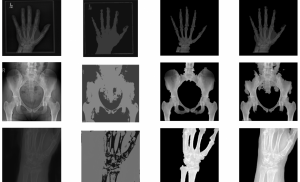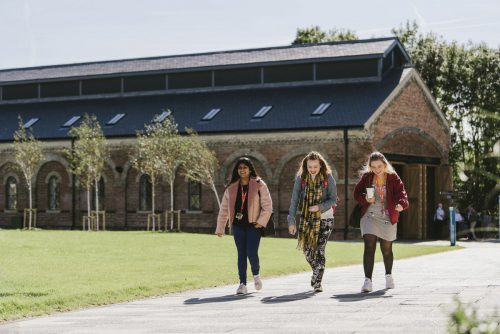
Human centred immersive media
The research uses a range of sensors and machine learning tools to develop human-centred applications that can adapt to individual requirements and user characteristics. The results can be used for creative arts, mental health therapy, industrial simulation, entertainment, education and professional training.
5 keywords: eye-tracking, user mobility, machine learning, virtual reality, multi-sensory.

Digital health
We use computer vision and machine learning to help develop medical solutions. The research supports the early detection of diseases such as cataracts and cancer, 3D image segmentation for the musculoskeletal model and persuasive designs for fitness.
5 keywords: disease early detection, AI-assisted diagnosis, medical data processing, computer vision, machine learning

Smart networks and systems
The research aims to improve the user experience, fairness and network resource efficiency in modern communication network designs using a data-driven approach. We also use our Waterside campus as a Living Lab to design and evaluate IoT and smart systems.
5 keywords: quality of experience (QoE), intelligent networks, software-defined networks (SDN), resource allocation, smart city

Responsible AI
Responsible AI is an integral part of our data science practices. Modern AI models are intrinsically complex, therefore significant efforts must be in place to ensure that AI-driven decisions are safe, fair, friendly and reasonable. We are also specifically interested in the roles and impact of AI on Net Zero.
5 keywords: interpretability, fairness, transparency, diversity & inclusion, environment

AI in Education
The focus of the research is two-fold. Our pedagogy work studies the best theories and practices for teaching AI and data science in universities, colleagues, and early education. We are also enthusiastic about using machine learning to enhance the teaching, learning and assessment of all subjects.
5 keywords: pedagogy, adaptive learning, learning analytics, digital assistants, early education.